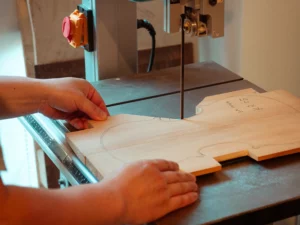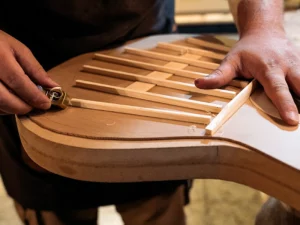As the population of the world continues to expand, so does the need to ensure that doctors and other medical professionals have the necessary tools to adequately evaluate and treat individuals in need of medical attention.
Some of the devices that are manufactured within this industry are tools and supplies commonly used by dentists, X-ray and other imaging equipment and common surgical and medical components that range from a hypodermic needles and syringes, to prosthetic limbs and wheelchairs.
These are just a tiny fraction of all of the items that make up the medical manufacturing sector. However, it’s readily apparent that doctors, nurses and other individuals working in the healthcare sector use these items on a daily basis, which means that mass production is a full-time endeavor.
Tijuana has an over 30-year history in medical device manufacturing and has established itself as a primary hub for competitive manufacturing of medical devices in Mexico. As many as 70 medical device manufacturing companies have production operations in Baja California, with Tijuana boasting more than 40 companies (70 percent being US-owned) and employing approximately 41,000 people.
Tijuana offers a manufacturing ecosystem with a unique combination of competitiveness factors, including providing world class quality, competitive labor costs, local supply chain, and access to North America´s largest workforce pool in the industry.
Medical device manufacturing in the region represents the largest concentration of companies and job creation in Mexico. In fact, today Mexico is the world’s fifth-largest medical products exporter in the world. Many of these items, once fully assembled, are routinely sent to various countries throughout Latin America and the US.
With global medical device outsourcing forecasted to reach more than $50 billion by 2020, there are no shortages of new markets and new customers to tap into. Strategic positioning and location are now just as crucial as marketing and sales force. With an average of 15% production cost savings for original equipment manufacturers who outsource to contract manufactures with a global footprint and an increased breadth of services and capabilities – it’s no wonder why Tijuana’s medical device sector continues to grow.





